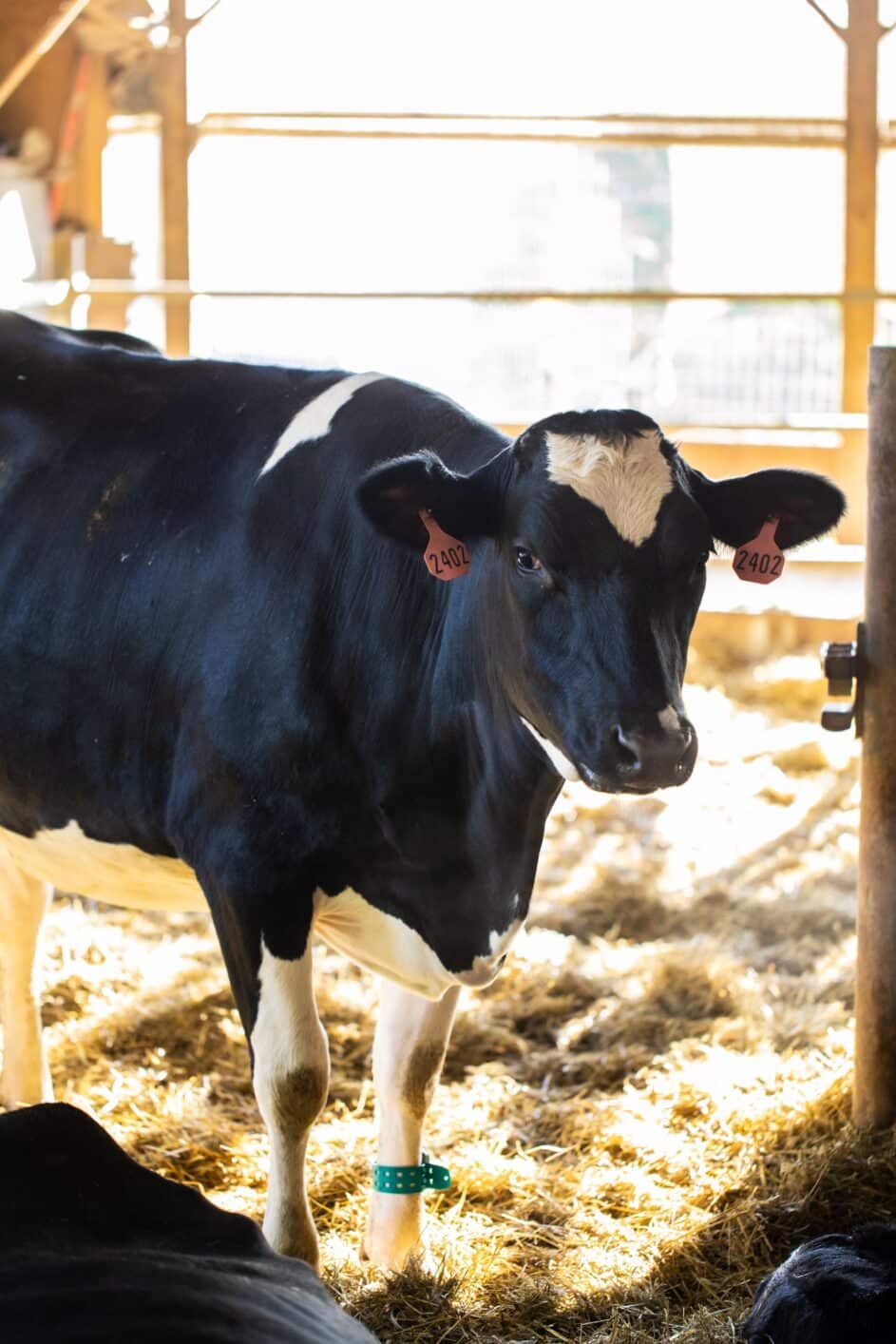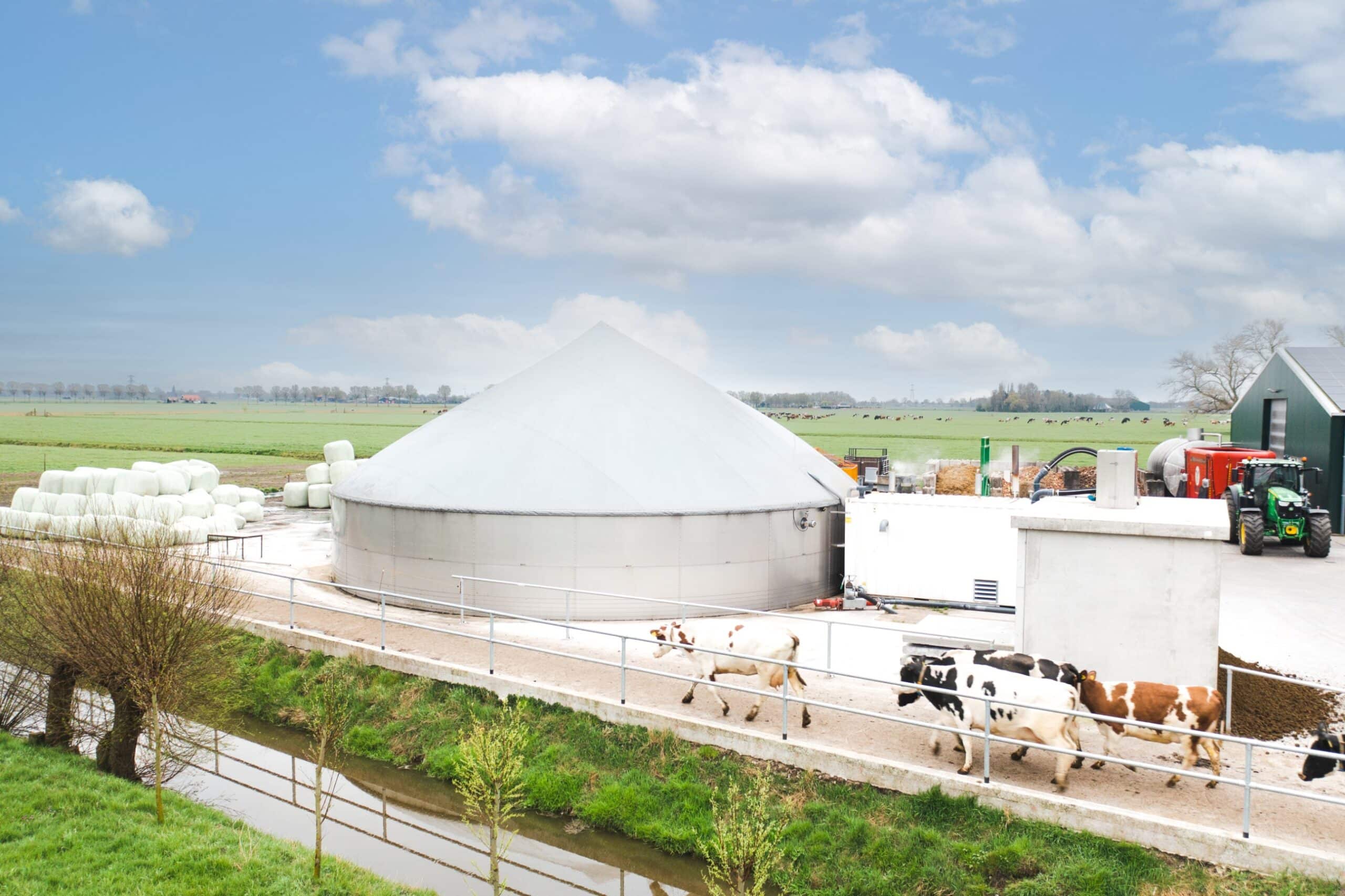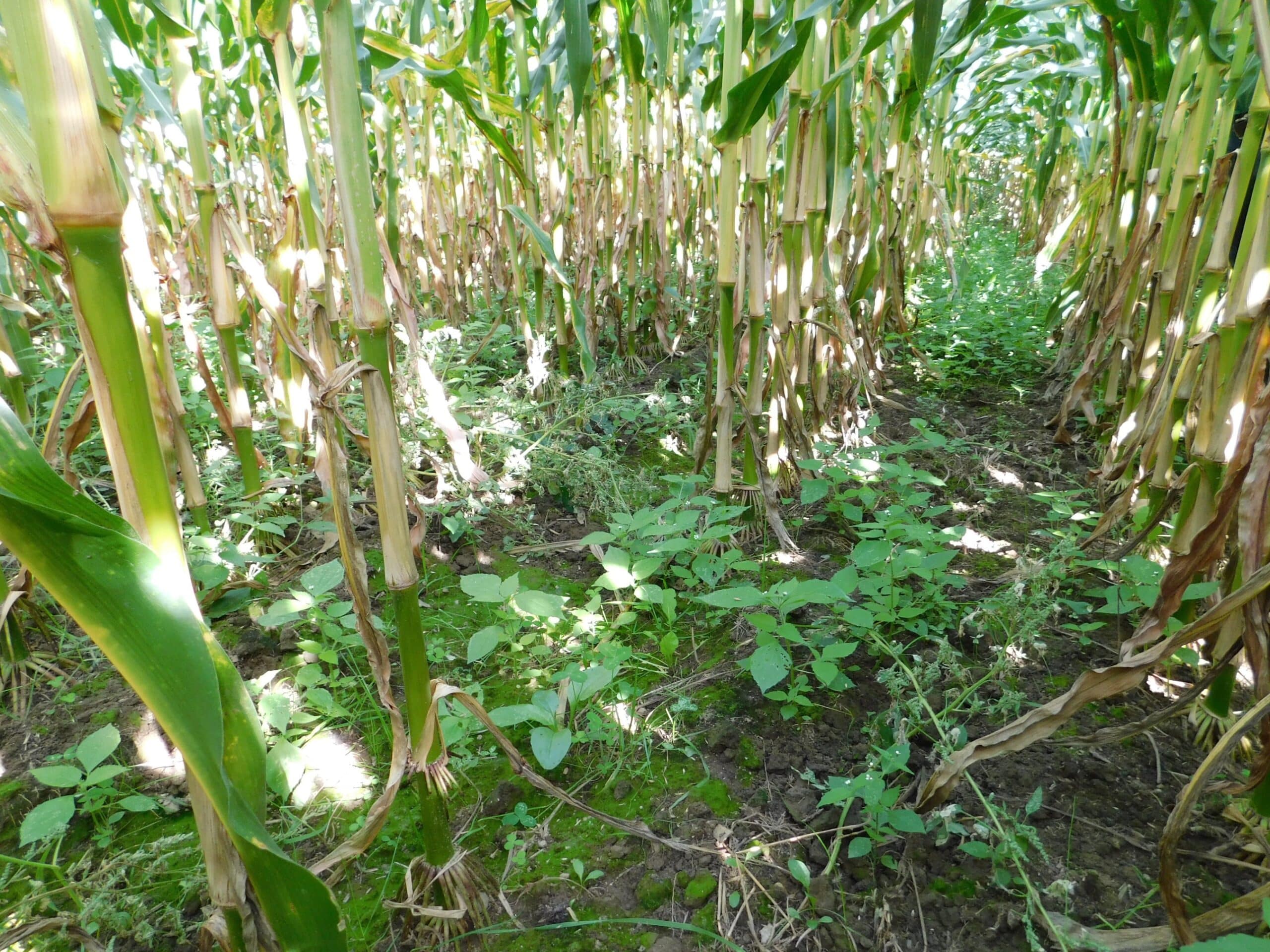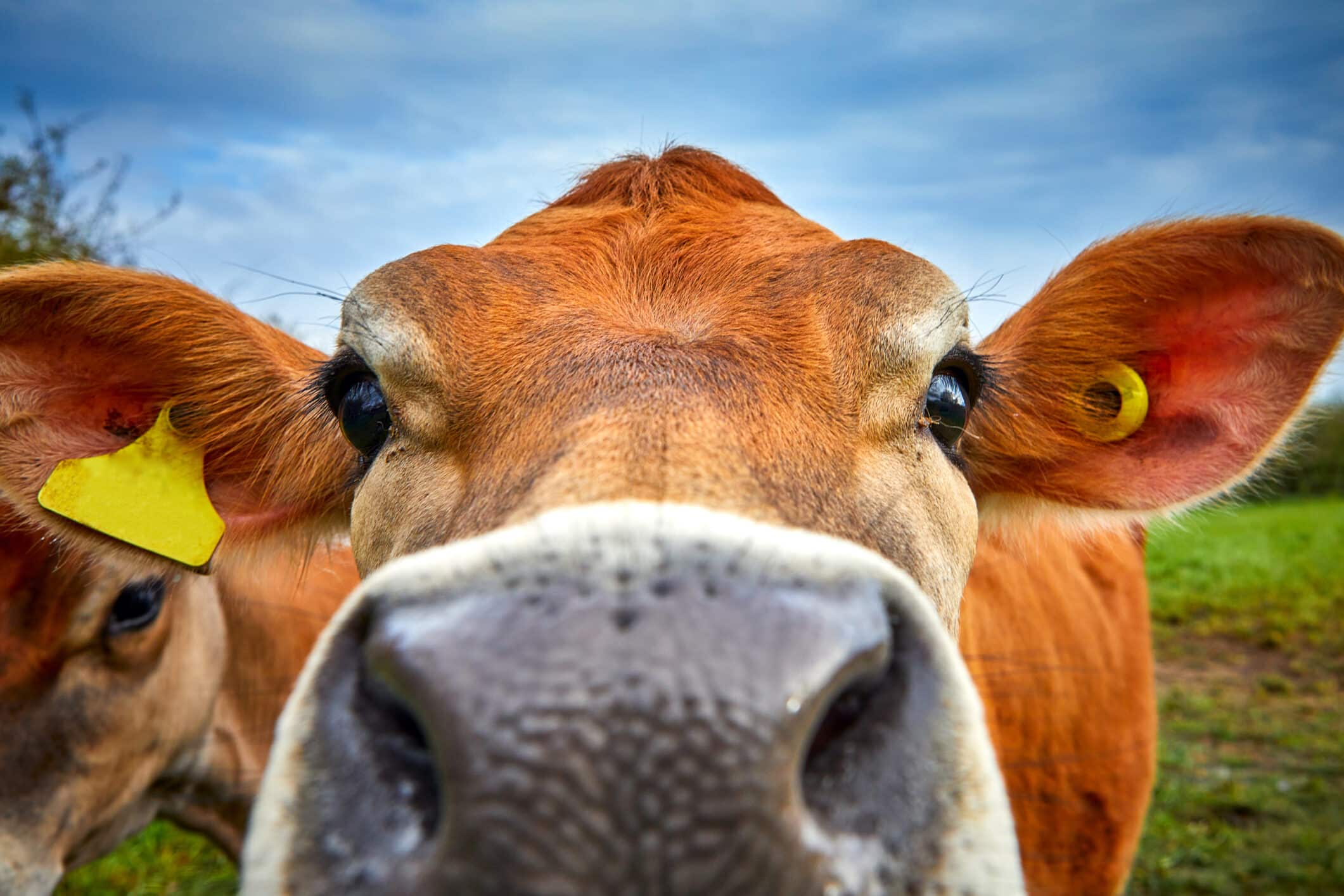Cow burps and manure probably aren’t top of mind for most people tucking into a tub of Chunky Monkey ice cream. But they certainly are for the ice cream makers Ben & Jerry’s, who have announced “Project Mootopia” to tackle climate change through seaweed supplements and manure management amongst other measures.
The dairy industry is one of the largest producers of greenhouse gases, accounting for some 3.4 per cent of all emissions. A recent report from the US Institute for Agriculture and Trade Policy (IATP) found emissions from the 13 biggest dairy companies rose from 306m tonnes of CO2-equivalent in 2015 to 338m tonnes in 2017. The UK’s total annual emissions in 2019 were around 350m tonnes a year.
While the number of vegans is increasing, the vast majority of people still consume milk and milk-based foods such as ice cream – cue Bridget Jones on demand – so finding ways to reduce the negative impact of dairy production is very necessary.

Cow burps are a major source of methane on dairy farms. Ben & Jerry’s will test the effectiveness of feed additives and a high-forage diet on reducing enteric emissions. Photo: Ben & Jerry’s
The first focus is on “enteric emissions”, managing methane-producing cow burps through a high-quality forage diet and innovative rumen modifiers that act as a digestive aid.
Secondly, they are looking to reduce the methane produced from cow manure with technology such as digesters and separators, which reduce the need for commercial fertilizer.
The final area is to look at the feed crops themselves and use regenerative practices to grow more grass and other feed crops to maintain healthy soils, increase carbon sequestration, improve the use of grassland, lower synthetic inputs, promote biodiversity, and raise the percentage of homegrown feed. The pilot project will also promote renewable energy on dairy farms and continue Ben & Jerry’s tradition of meeting high animal welfare standards. The 15 participating farms will be split between members of the Dairy Farmers of America (DFA) cooperative in the US and CONO Kaasmakers in the Netherlands.

Ben & Jerry’s, now owned by Unilever, has always had strong ethical and social values. Picture tupungato on iStockPhoto
“This approach to dairy farming could be a game changer,” said Jenna Evans, Global Sustainability Manager for Ben & Jerry’s. “It has the potential to make a meaningful reduction in emissions on dairy farms and help fight the worst effects of climate change. All of us, especially businesses, must take action before it’s too late and the climate crisis makes our world uninhabitable.”
Ben & Jerry’s received $9.3 million to prove and scale regenerative practices on dairy farms from the Climate and Nature Fund of its parent corporation, Unilever. With Ben & Jerry’s commitment to dairy farm worker rights through Milk with Dignity, Project Mootopia is expected to help the company meet the increasing consumer demand for climate friendly and ‘socially just’ products.
The initiative has support from climate scientists on both sides of the Atlantic.
“Too often, corporations buy up carbon offsets from somewhere else to claim they are ‘carbon neutral’,” said Taylor Ricketts of the Gund Institute for Environment at the University of Vermont. “Ben & Jerry’s is taking a more meaningful and direct approach: attacking the systemic causes of climate change in its own supply chain to achieve measurable, Science Based Targets. As they have done so often, Ben & Jerry’s is walking the talk and leading the way,” Ricketts said.

This digestor on a family farm in Spierdijk, Netherlands turns manure into gas–enough to power eight neighboring houses. Photo: Yaron Bindels
“The intensive cooperation between research, advisors and farmers is the key to developing tailored mitigation methods that are feasible, affordable and safe,” said Theun Vellinga from Wageningen University and Research in the Netherlands. “We have constructed the ‘Mitigation Engine’ as a tool to combine the science around GHG mitigation with the knowledge and experience of the farmer. We cannot stick to one mitigation option only; there is no silver bullet. But a package of options will help us reach the target reduction,” Vellinga said.

Ben & Jerry’s new pilot project will look at the effect of inter-seeded biodiverse cover cropping and growing slightly fewer stalks to allow more sunlight to reach the plants. Photo: Ben & Jerry’s
It seems as though Ben & Jerry’s could soon be serving up more climate-friendly helpings of ice cream in the near future. That just leaves us with the post-Cookie Dough calorie remorse to deal with.
Subscribe
Sign-up to receive our newsletter

